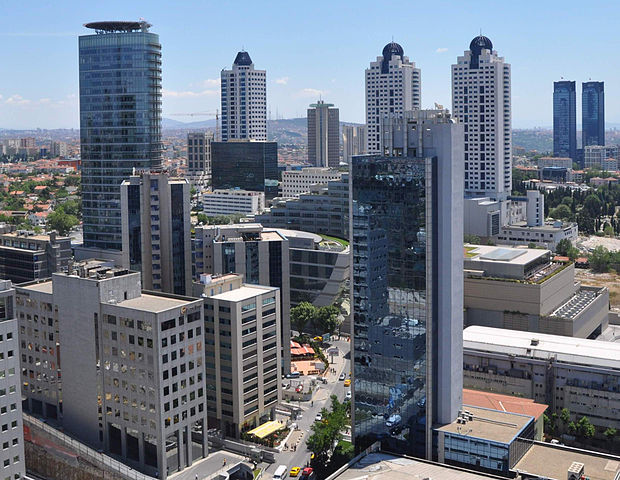Turkish Lira selloff continues
March 30, 2019 | Expert Insights

Turkey’s central bank sought to calm investors as the nation’s assets fell before an election that will be the first test of President Recep Tayyip Erdogan’s popularity since he tightened his grip on power last year.
Background
The Turkish lira is the currency of Turkey and the self-declared Turkish Republic of Northern Cyprus.
The value of Turkey's currency had nosedived since January 2018 and it has lost more than 40% of its value against the dollar. It hit a record low of reaching 6.30 to the dollar, although it has since recovered slightly. Investors are worried that Turkish companies that borrowed heavily to profit from a construction boom may struggle to repay loans in Dollars and Euros, as the weakened lira means there is now more to pay back.
Its $900 billion economy is teetering on the edge of a full-blown financial crisis. Recently, the Central Bank of Turkey increased its benchmark interest rate to 24 percent, a hike of 625 basis points from the previous rate of 17.75%. The Turkish lira jumped more than 2 percent on the news, firming to around 6.1 against the dollar.
Recep Tayyip Erdoğan, Turkey’s president, remained defiant and accused foreign interests of waging an economic war against Turkey and pledging trade measures to reduce reliance on the dollar and US markets.
Analysis
Turkish regulators took the unusual step on Thursday of announcing via the state news agency that its net foreign-exchange reserves had risen $2.4 billion over the past week to $28.6 billion. In the prior three weeks, the figure fell by over $9 billion based on Bloomberg calculations using the central bank fixing.
“The central bank decisively continues its policy to strengthen reserves," central bank Governor Murat Cetinkaya said in comments carried by Anadolu news agency. Turkish reserve data are typically released with a one-week lag.
Speculation Turkey was using reserves to keep the lira from sliding before the March 31 vote prompted investors to dump the currency last week. To prevent that from worsening, Turkey then orchestrated an offshore cash crunch to make it virtually impossible for foreign investors to close their lira positions this week.
While the lira is still up 4 percent since Monday, it depreciated 3.6 percent to 5.5303 per dollar by 3:54 p.m. in London. Turkish bonds also extended their decline, with the yield on two-year notes jumping 76 basis points to 21.21 percent.
There were also signs offshore funding conditions are heading back toward normal levels after surging past 1,000 percent yesterday. Under government-backed measures, banks were pressured not to provide cash to overseas funds trying to close their lira positions using the offshore swap market, people with direct knowledge said this week.
Investors who wanted out of their lira positions were forced to instead sell other Turkish assets—like bonds and stocks—to get the cash they need to close those trades. After three days of turmoil, offshore funding conditions eased, with the funding rate falling to 32 percent, still above its one-year average.
Turkey’s interference in the currency market has rattled fund managers, some of whom said they were rethinking their investments in the country.
The president blamed fluctuations in the exchange rate on "operations by the U.S. and the West to corner Turkey," during a meeting with young people in Ankara where his AK Party will face a competitive race in municipal elections this weekend. He said Turkey had foiled attempts to target foreign exchange and interest rates.
The lira has been prone to sharp fluctuations in recent years as Erdogan tightened his grip on power, leading investors to question the central bank’s independence because of his repeated calls for lower interest rates even amid runaway inflation. Policy makers last used reserves to defend the currency in 2014.
Assessment
Our assessment is that the Lira’s continued fall is a repetition of last year’s mass sell-off which saw the currency nosedive in value and threaten to destabilize the Turkish economy. We believe that the ongoing trade war between the US and China as well as the diplomatic fallout with Washington are the major contributing factors for the investors’ lack of confidence in the currency.
Image Courtesy: Mimar77 (https://commons.wikimedia.org/wiki/File:LeventView.jpg), „LeventView“, https://creativecommons.org/licenses/by-sa/3.0/legalcode








Comments